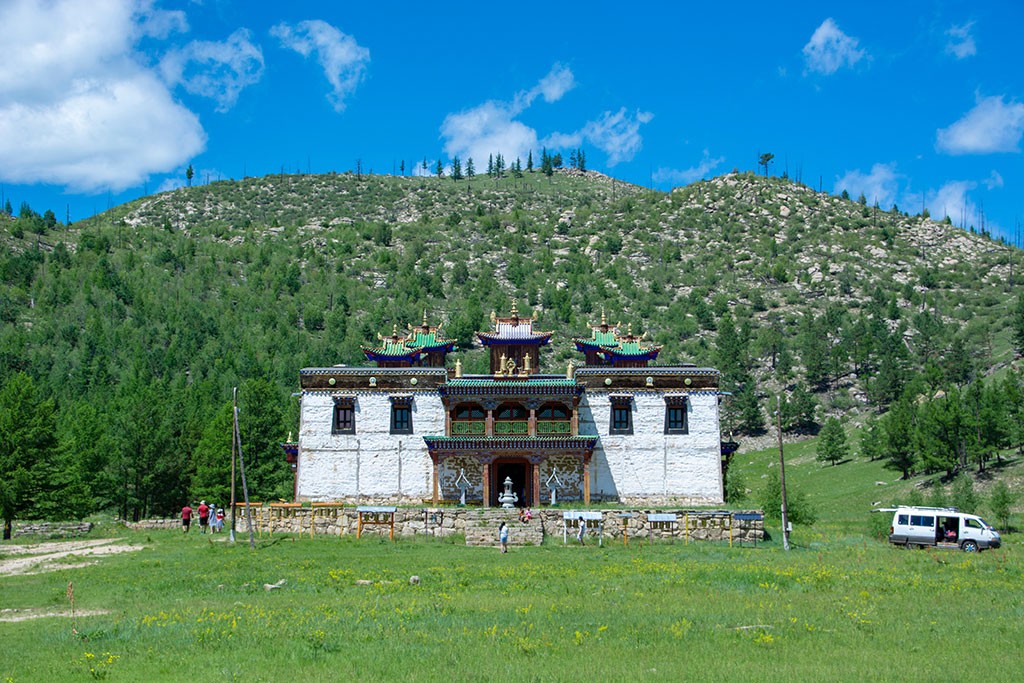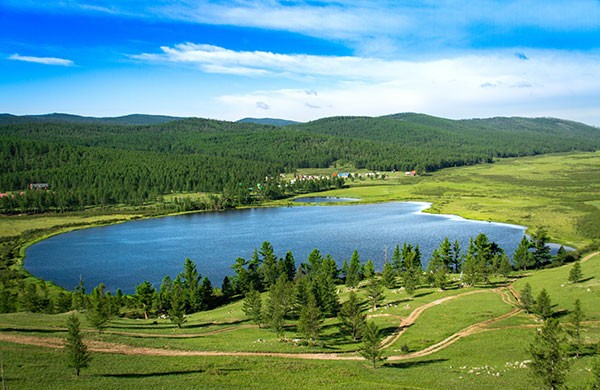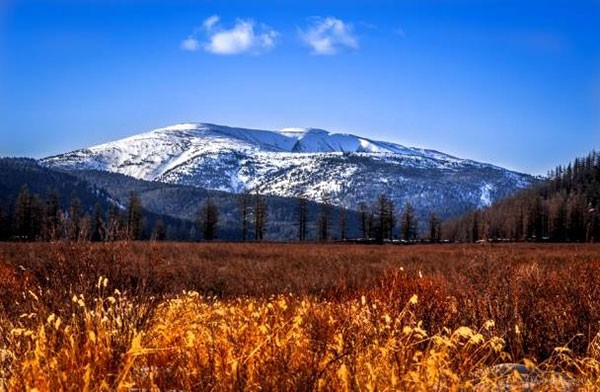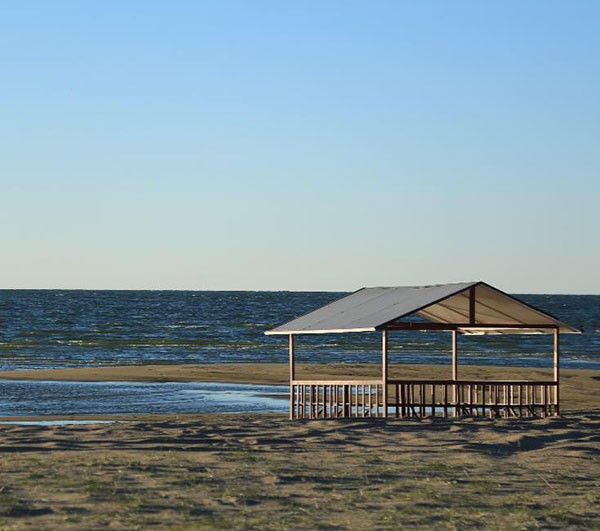
Baldan Bereeven Monastery is located in the Jargalant River valley, backed by Munkh-Ulziit Mountain in Umnodelger soum, Khentii province, about 300 km from Ulaanbaatar. It is famous for its unique Tibetan-style architecture, its historical significance as one of Mongolia’s largest monasteries, and its extensive religious and artistic heritage.
Facts
Location
Jargalant River valley, in Umnudelger soum
Opened
1777
Name meaning
The Tibetan word “Drepung,” meaning “pile of rice,”
UNESCO
In 2012, Baldan Bereeven placed on the tentative UNESCO World Heritage Site list
Highlights
About the Monastery
The monastery was established as a major center of Buddhist learning and spiritual practice in Eastern Mongolia. Nestled in a lush river valley with forests, hills, and streams, the site blends spiritual significance with natural beauty.
Visitors can explore temples, prayer halls, stupas, cliff carvings, and stone sculptures of Buddhist gods. Behind the monastery, a rock formation called the “womb” symbolizes rebirth. The valley’s natural setting, combined with its wildlife such as deer, foxes, and birds, creates a serene environment ideal for reflection and meditation.
The History & Myth
Founded in 1777 by Lama Tseweendorj, Baldan Bereeven quickly grew into Mongolia’s second-largest monastery, housing 5,000–8,000 monks and 20 active temples by the mid-19th century. During the 1937–1939 anti-religious purges, most of the monastery was destroyed, monks were executed or imprisoned, and the site was closed for over 60 years. Following Mongolia’s democratic revolution in 1990, some older monks returned and partially restored the monastery, now hosting three functioning temples and a small community of practicing monks.
Legend: Lama Tseweendorj chose the valley after meeting an old couple named Baldan and Zepelmaa. Seeing a pot of rice boiling over as an auspicious sign, he recognized the site’s spiritual significance. The surrounding mountains were also interpreted as representations of Buddhist protector deities.
Why You Should Visit This Place
Architectural Wonder: Witness one of Mongolia’s most elaborate Tibetan-style monasteries. The colorful murals and stupas are breathtaking.
Spiritual Experience: A tranquil setting for meditation and reflection. The pilgrimage route enhances the spiritual atmosphere.
Cultural Heritage: Explore centuries-old carvings, statues, and inscriptions unique to Mongolia’s Buddhist tradition.
Nature Escape: Surrounded by river valleys, forests, and mountains, the site is perfect for hiking, wildlife spotting, and photography.
Best Time to Visit
Frequently Asked Questions
Yes, visitors can enter temples, but must remove shoes and refrain from touching sacred objects.
2–3 hours for the main temples and pilgrimage route; extra time for hiking nearby mountains
No official fee, though donations are encouraged to support the monastery’s restoration and maintenance.







